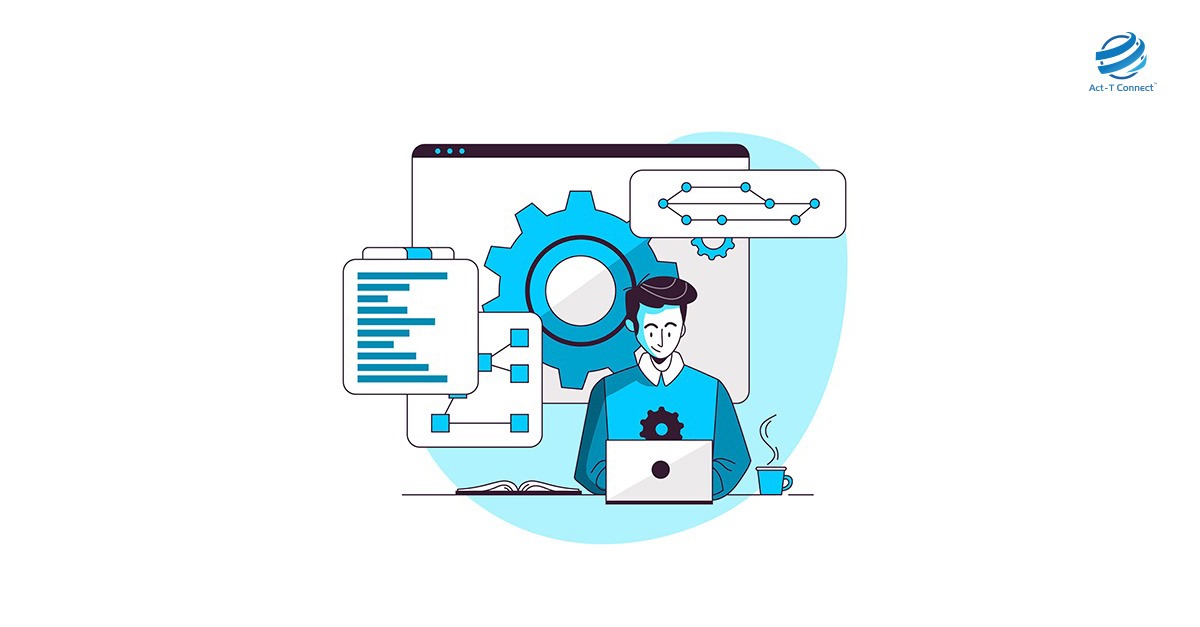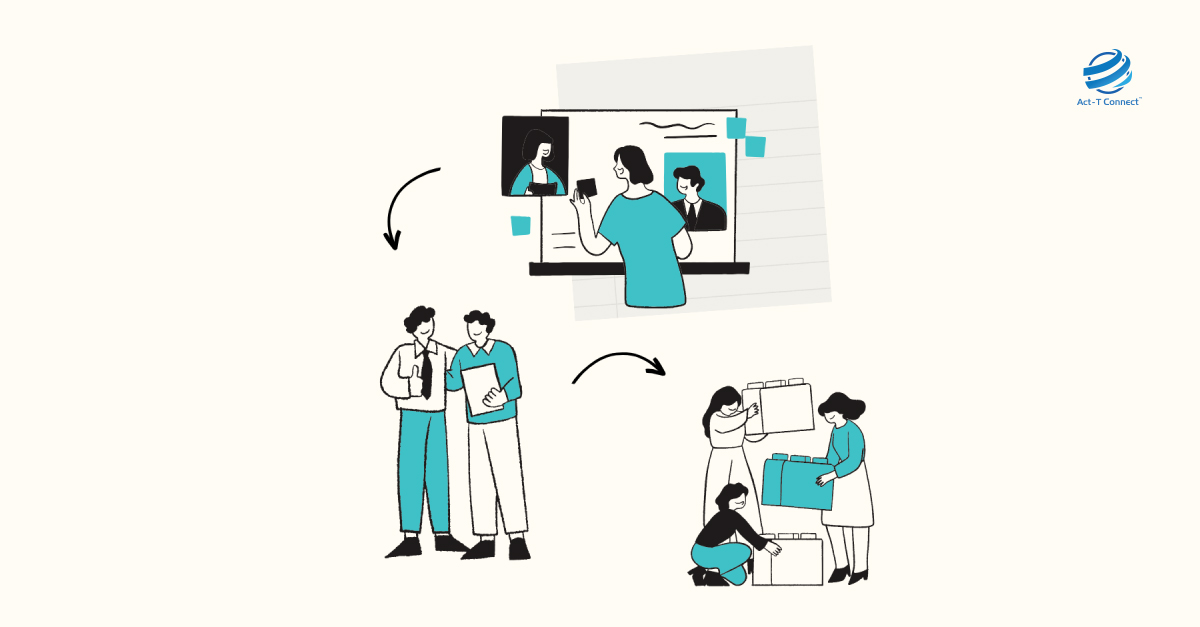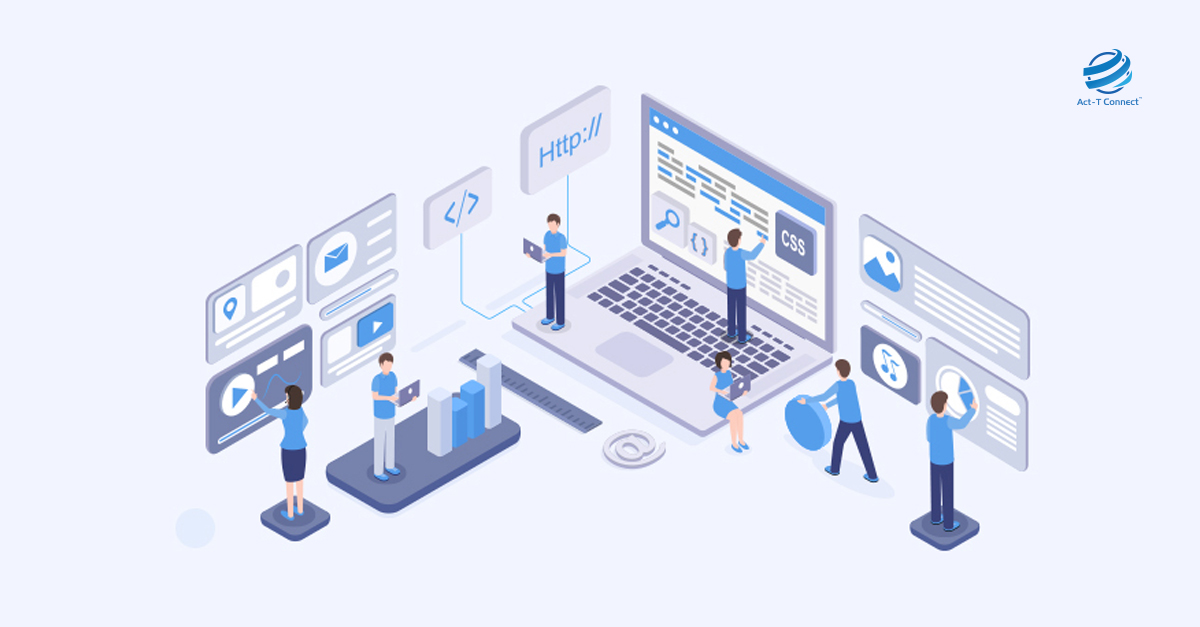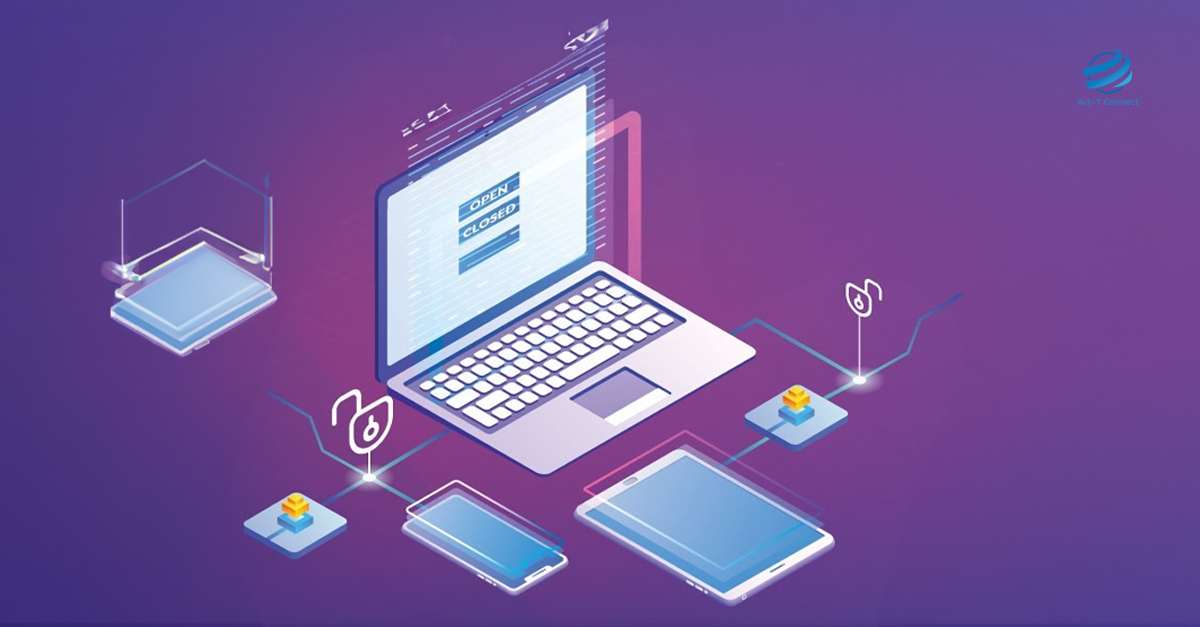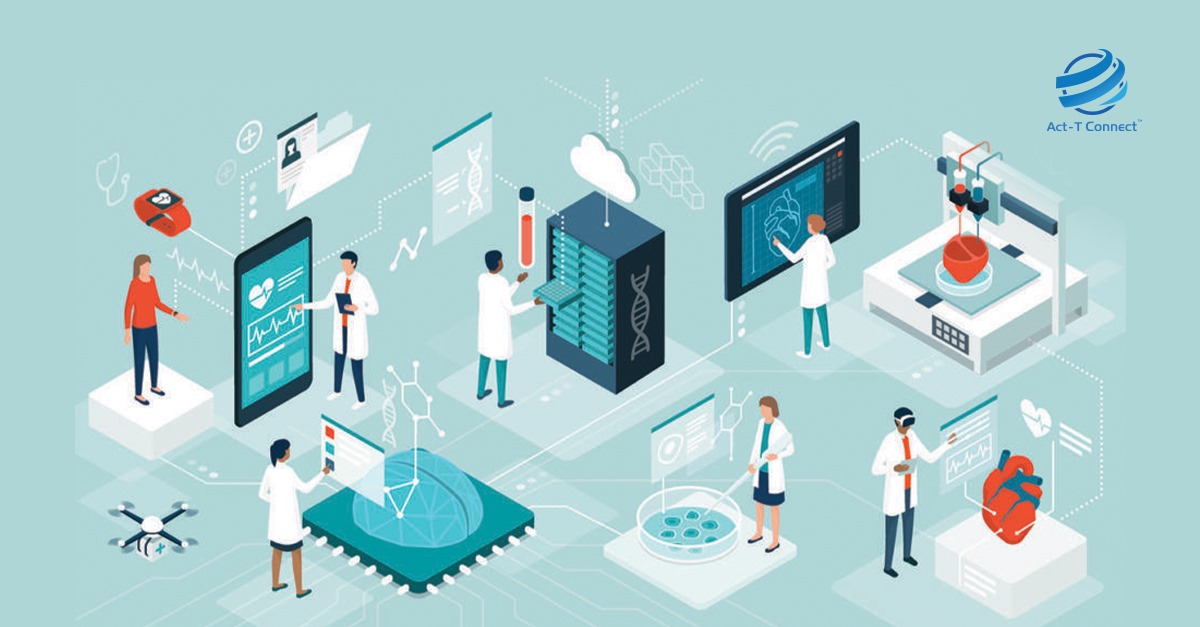
The swift progress of
technology is causing a revolutionary change in the healthcare sector. It is
redefining diagnosis, treatment, patient care, and administration. This
article will explore the critical role of technology in healthcare,
emphasizing its influence on multiple fields and its potential to mould the
face of medicine in the future.
Using Technology to
Accelerate the Transformation of Healthcare
The improvement of
scientific prognosis is certainly one of generation's most crucial effects on
healthcare. Imaging technology which includes CT, MRI, and X-rays have come to
be essential gear for early disorder detection and premiere remedy results.
Additionally,
the improvement of telemedicine has removed geographical barriers through the
use of allowing sufferers in isolated locations to get preserve of specialized
care while not having to tour. This has been particularly vital in light of the
COVID-19 pandemic, when telemedicine was important to preserving remedy
continuity.
The discipline of drug
research and discovery is some other one where technology has had a massive
have an impact on. Researchers will locate viable medicinal drug applicants and
maximize their efficacy more quick with using cutting-edge computational techniques
and facts analytics.
Additionally, with more
precisely forecasting drug interactions and detrimental results, the utility of
AI (artificial intelligence) in drug studies has the capability to completely
transform the pharmaceutical sector.
Improving Patient Care
with Technology
Technology is most important in improving patient care. Wearable generation,
such smartwatches and health trackers, is enabling humans to screen their
health metrics and make nicely-informed life-style selections. In order to
assist with chronic contamination control and preventive care, these gadgets
will collect critical information on blood strain, heart rate, and sleep
behavior. These statistics will then be shared with the healthcare experts.
Furthermore,
using electronic health records (EHRs), has simplified the management of
patient data and enhanced provider-to-provider conversation. EHRs provide an
intensive image of a patient's beyond fitness, which makes precise prognosis
and treatment planning simpler. It also offer thorough picture of a
patient's past health, which makes precise diagnosis and treatment planning
easier.
Additionally, by giving
people access to trustworthy information and resources, the use of technology
in patient education has enabled people to actively participate in their
healthcare.
Increasing
Cost-Effectiveness and Efficiency in Healthcare
Technology
is essential to increasing the effectiveness and affordability of healthcare
delivery.
EHRs and platforms for exchanging health information simplify administrative
duties, cutting paperwork and enhancing workflow. Routine activities like
billing and appointment scheduling can be automated to free up healthcare staff
members to concentrate on patient care.
Healthcare companies may spot patterns, allocate resources more efficiently,
and cut expenses with the use of data analytics and business intelligence
tools. Systems for managing supply chains lower waste and improve inventory
control, which lowers costs overall.
The Role of Technology in
Healthcare's Future
Technology's
influence on healthcare will only grow as it develops further. The combination
of AI and machine learning would significantly progress personalized medicine
by providing individualized treatment regimens based on a patient's genetic
composition and medical background. Additionally, the advancement of automation
and robotics may lessen the workload for medical workers and enhance surgical
precision.
Although there are many
advantages to technology being used in healthcare, worries about information
protection and privacy have to be addressed. Sensitive facts must be covered,
and strong cybersecurity measures ought to be in place to shield affected person
information. In addition, tasks to close the digital gap and guarantee that
every one sides of society have access to era have to be undertaken.
Bhopal is seeing an
increase in the IT enterprise, which incorporates web development. The need for
qualified web developers is increasing as the quantity of startups and
established organizations continues to upward thrust. The town has a
flourishing web development surroundings that provides many chances for
specialists to produce revolutionary digital solutions. The nation's
digital landscape is greatly enhanced by the work of web development in Bhopal
community, which creates e-commerce platforms, sophisticated web applications,
and dynamic websites.
CONCLUSION
Technology has shown
itself to be a potent force in changing the healthcare industry. The advantages
of technology are evident; they range from bettering patient care and
administrative effectiveness to bettering diagnosis and treatment. In order to
fully use technology and build a healthcare system that is available,
economical, and efficient for everyone, we have to continue to invest on studies and development.
